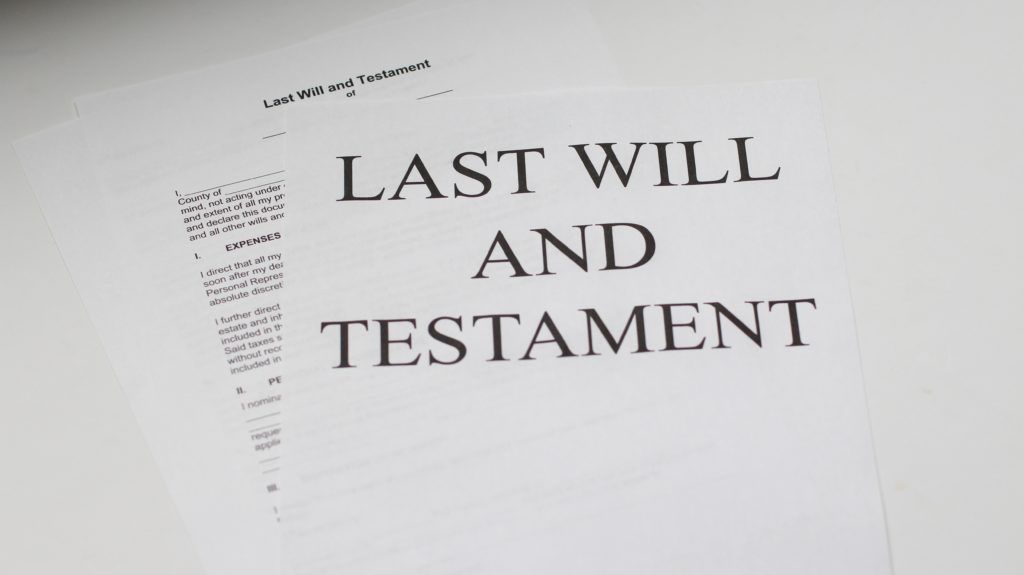
Inherited a property? This can either be a very welcome gift or an upsetting surprise, but either way it can be a stressful time as you consider what to do with it.
Aside from making sure homeowners insurance is up-to-date, keeping the utilities going and clearing the property of any personal possessions and furniture, you will need to try and make a decision as to whether to sell the property, live in it yourself or rent it out.
Here are the implications of each of these options below, and everything you need to know about loving it, or listing it:
Moving on in:
- Expect property taxes to rise, maybe significantly, and the house will be revalued at the current market rate.
- Get a survey carried out so you’re aware of any maintenance or structural issues and their costs that might need to be carried out before the property is safe to inhabit again.
- Sounds obvious, but if you have siblings and you’ve inherited a home as joint owners — such as through a quitclaim deed that made them instant co-owners at the time of the original owner’s death — they’ll need to agree on what to do with it. If one of the new owners doesn’t want to sell, the others have no recourse except court.
- If the home was inherited jointly with siblings and you want to live there yourself, they will need to be compensated. This might be in the form of rental payments, or maybe buying them out.
Renting out:
- Depending on the location and type of property it is, renting it could be a source of income. But beware, and seek advice from someone experienced in renting out properties, so you can get the right tenant in and it doesn’t turn into a stressful nightmare. Here at Bromley Property Company, our experienced property management team can have a chat with you if necessary and guide you in the right direction.
- Make sure you’ve had a home inspection, addressed any safety issues and taken out a landlord insurance policy. When you’re renting, there’s a lot of liability issues that many people aren’t aware of.
Selling:
- You won’t pay capital gains tax on any increase in the home’s value during the deceased owner’s lifetime, only on any increase in value between the time of inheritance and when you sell it.
- Be sure to ask an estate agent his or her opinion on investing in renovations versus selling as-is. Updating can be beneficial, but it’s obviously costly so make sure it’s worth your while financially.
- As with any sale, but especially for a house that hasn’t been updated in recent years, smaller improvements potentially can go a long way. And you don’t have to do them all yourself. Hire a painter to repaint top-to-bottom in neutral tones, or get a professional landscaper to increase curb appeal. Don’t forget though that a simple declutter and getting rid of ‘stuff’ can make the world of difference.














